Ashwagandha, scientifically known as Withania somnifera, is a revered herb in the pantheon of Ayurvedic medicine, with origins tracing back over 3,000 years. Native to the Indian subcontinent, this robust plant has been cherished for its multifaceted healing properties and its esteemed role in promoting vitality and overall well-being. The term “Ashwagandha” is derived from Sanskrit, meaning “smell of the horse,” a nod to its potent smell and the belief that it imparts the strength and vigor of a horse.
Nutraplus Ashwagandha
$9.99
Descripción
Introduction to Ashwagandha: Origins and Traditional Uses
Ashwagandha, scientifically known as Withania somnifera, is a revered herb in the pantheon of Ayurvedic medicine, with origins tracing back over 3,000 years. Native to the Indian subcontinent, this robust plant has been cherished for its multifaceted healing properties and its esteemed role in promoting vitality and overall well-being. The term “Ashwagandha” is derived from Sanskrit, meaning “smell of the horse,” a nod to its potent smell and the belief that it imparts the strength and vigor of a horse.
Historically, Ashwagandha has been utilized as a cornerstone in traditional Ayurvedic practices. Its roots and berries have been prepared in various forms, including powders, tinctures, and teas, to leverage its adaptogenic properties—substances that help the body adapt to stress and restore physiological balance. The traditional uses of Ashwagandha span a diverse array of health benefits. It has been employed to bolster the immune system, combat fatigue, enhance endurance, and support mental clarity. Healers often recommended Ashwagandha to individuals coping with prolonged stress or convalescing from illness, attributing to its reputed rejuvenative effects.
In the realm of modern wellness, Ashwagandha’s ancient applications have garnered renewed interest. Its adaptogenic nature makes it an appealing option for managing contemporary stressors and enhancing overall health. Enthusiasts of holistic health regard Ashwagandha as a natural remedy to balance the nervous system, reduce anxiety, and promote restful sleep. Current research validates many of these traditional claims, highlighting its potential to lower cortisol levels, reduce inflammation, and improve cognitive function.
As we delve deeper into the benefits, usage, and formulations of Ashwagandha supplements, it becomes evident why this ancient herb remains integral in the pursuit of holistic wellness. Understanding its historical context and traditional applications lays a strong foundation for appreciating how this timeless herb continues to enhance modern health practices.
Health Benefits of Ashwagandha: Scientific Evidence
Ashwagandha, known scientifically as Withania somnifera, has been a cornerstone of Ayurvedic medicine for centuries. Recent scientific research has substantiated many of its reputed health benefits, making it a popular supplement in modern wellness circles. One of the primary advantages of Ashwagandha is its potential to reduce stress and anxiety. Multiple clinical studies have shown that Ashwagandha’s adaptogenic properties help regulate the body’s response to stress, potentially lowering cortisol levels and providing a calming effect.
Emerging evidence also supports Ashwagandha’s role in enhancing cognitive function. Research published in notable journals highlights that the herb may improve memory, attention, and information processing speed in both healthy individuals and those experiencing cognitive decline. These cognitive benefits are essential for an aging population looking to maintain mental sharpness.
Furthermore, Ashwagandha is known for its ability to boost energy and physical performance. Athlete-focused studies have shown that supplements can increase stamina, muscle strength, and overall exercise performance. This makes Ashwagandha a favored supplement among athletes and fitness enthusiasts.
Immune health is another area where Ashwagandha shows promise. Compounds within the herb, such as withanolides, have been studied for their immune-boosting properties. Preliminary research indicates that Ashwagandha may enhance the activity of natural killer cells, the body’s frontline defense against infections and diseases.
Ashwagandha also shows potential in addressing specific health conditions. For instance, studies indicate that it may help to alleviate symptoms of arthritis. The herb’s anti-inflammatory properties can reduce joint pain and swelling, improving quality of life for those with this chronic condition. Additionally, Ashwagandha may support thyroid function, particularly in cases of hypothyroidism. Research suggests that it can enhance the production of thyroid hormones, bringing relief to those affected by thyroid imbalance.
Overall, the scientific evidence supporting the health benefits of Ashwagandha is compelling. By integrating Ashwagandha supplements into a well-rounded health regimen, individuals may benefit from reduced stress, enhanced cognitive function, improved physical performance, and fortified immune health. As always, it is advisable to consult with healthcare professionals before starting any new supplement.
How to Choose the Right Ashwagandha Supplement: Key Considerations
Choosing the right Ashwagandha supplement can indeed be a daunting task, given the plethora of options available on the market. Therefore, it is crucial to consider several key factors to ensure you select a high-quality product that suits your needs and expectations.
First and foremost, the concentration of active compounds, particularly withanolides, plays a significant role in the effectiveness of the supplement. Withanolides are the bioactive constituents responsible for many of Ashwagandha’s purported health benefits. Aim for supplements standardized to contain a specific percentage of withanolides, typically ranging from 1.5% to 10%, to ensure potency and efficacy.
The form of the supplement is another important consideration. Ashwagandha supplements come in various forms, including capsules, powders, and tinctures. Capsules are convenient and easy to dose accurately. Powders can be more versatile, allowing for incorporation into smoothies or other beverages, albeit with slightly more preparation effort. Tinctures, often in alcohol or glycerin bases, offer faster absorption but can have a strong taste that some may find unpleasant. Choosing the form that best fits your lifestyle and preferences can enhance your overall experience.
Purity and third-party testing should also be at the forefront of your decision-making process. High-quality Ashwagandha supplements will often disclose results from third-party testing for contaminants such as heavy metals, pesticides, and microbial impurities. These tests ensure that the supplement is safe for consumption and free from harmful substances.
Additionally, brand reputation can be a useful indicator of product quality. Established brands with positive reviews and transparent sourcing practices tend to be more reliable. Performing a bit of research to check consumer feedback and the company’s integrity can be highly beneficial.
Dosage recommendations are essential and should be carefully followed according to the manufacturer’s guidelines or as advised by a healthcare professional. Overstepping the recommended dose may lead to adverse effects or diminish the supplement’s benefits. Moreover, it is crucial to discuss potential interactions with other medications or supplements with your healthcare provider to avoid any unwanted complications.
By keeping these key considerations in mind, you can make an informed decision when selecting an Ashwagandha supplement that is both effective and safe for your personal needs.
Incorporating Ashwagandha into Your Daily Routine: Practical Tips and Recipes
Maximizing the benefits of Ashwagandha involves understanding both the optimal times for consumption and various practical methods of integration into your daily routine. Incorporating this powerful adaptogen can be simpler than you might think, with multiple options to suit different lifestyles and preferences.
One of the simplest ways to include Ashwagandha in your routine is through daily supplements. Capsules and tablets are available in various dosages, making it easy to maintain consistency. For those who prefer a more natural approach, Ashwagandha powder offers versatility. You can add it to smoothies, teas, or even sprinkle it over your breakfast cereal or yogurt.
Start your day with an energizing Ashwagandha smoothie. Blend a teaspoon of Ashwagandha powder with your choice of fruits, a cup of almond milk, and a handful of spinach. This combination not only masks the earthy taste of Ashwagandha but also incorporates essential nutrients that complement its benefits. Another popular option is to prepare Ashwagandha tea. Simply boil a cup of water, add half a teaspoon of Ashwagandha powder, and let it steep. For additional flavor, consider adding honey or a cinnamon stick.
Timing is crucial for maximizing Ashwagandha’s efficacy. Many users find that taking Ashwagandha in the morning helps enhance energy levels and cognitive function throughout the day. Conversely, consuming Ashwagandha in the evening can promote relaxation and improve sleep quality. Listening to your body and experimenting with different timings can help determine what works best for you.
Your lifestyle can also play a significant role in how effective Ashwagandha is. Engaging in regular physical activity, practicing mindfulness or yoga, and maintaining a balanced diet can all enhance the adaptogenic properties of Ashwagandha. These practices can help your body better respond to stressors and improve overall well-being when used in conjunction with Ashwagandha supplements.
By integrating Ashwagandha into your daily regimen through practical and enjoyable methods, you can experience its full range of benefits, making it a valuable addition to a healthy lifestyle.
Información adicional
| color | Navy, Brown |
|---|---|
| size | XS, S, M, L |



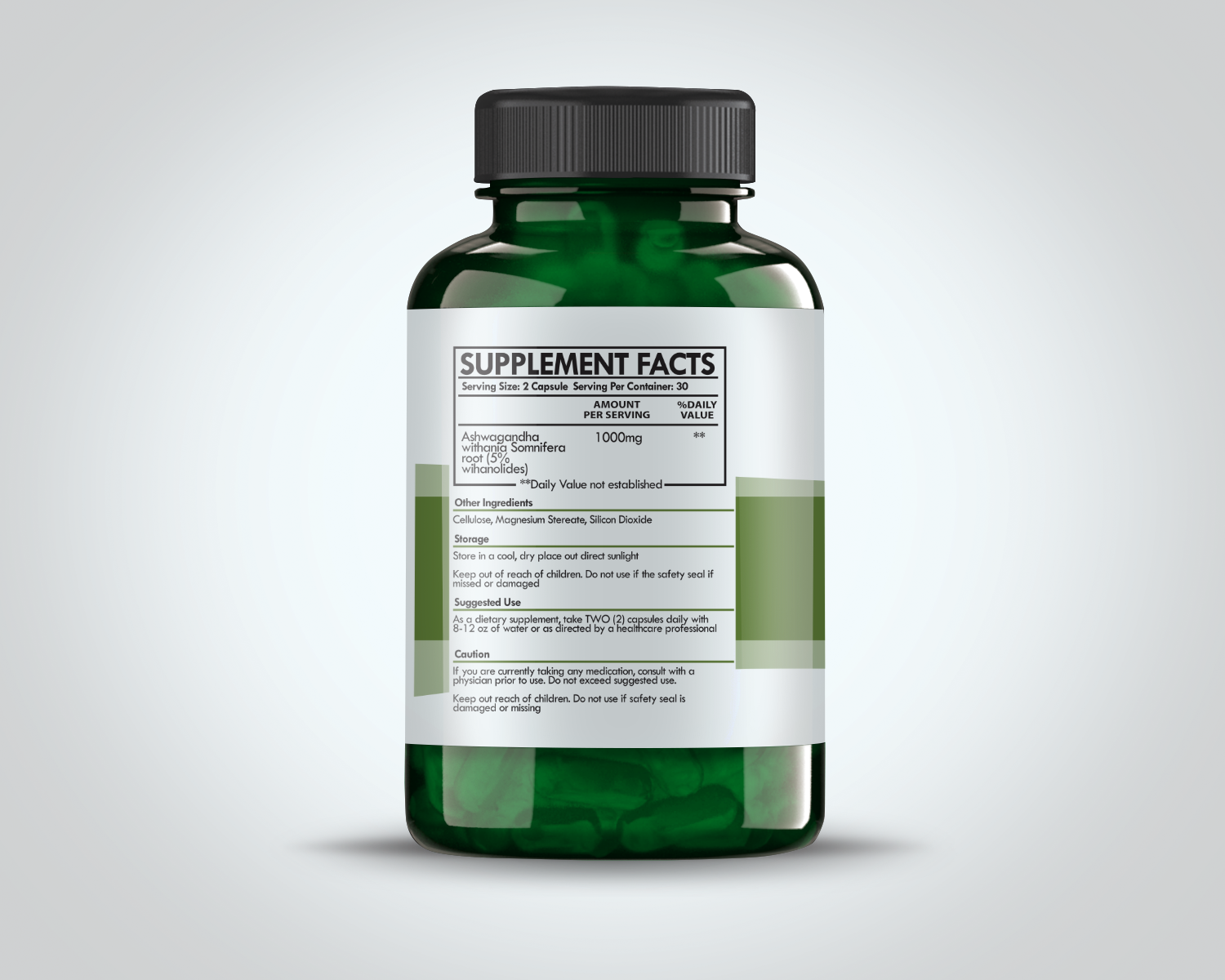
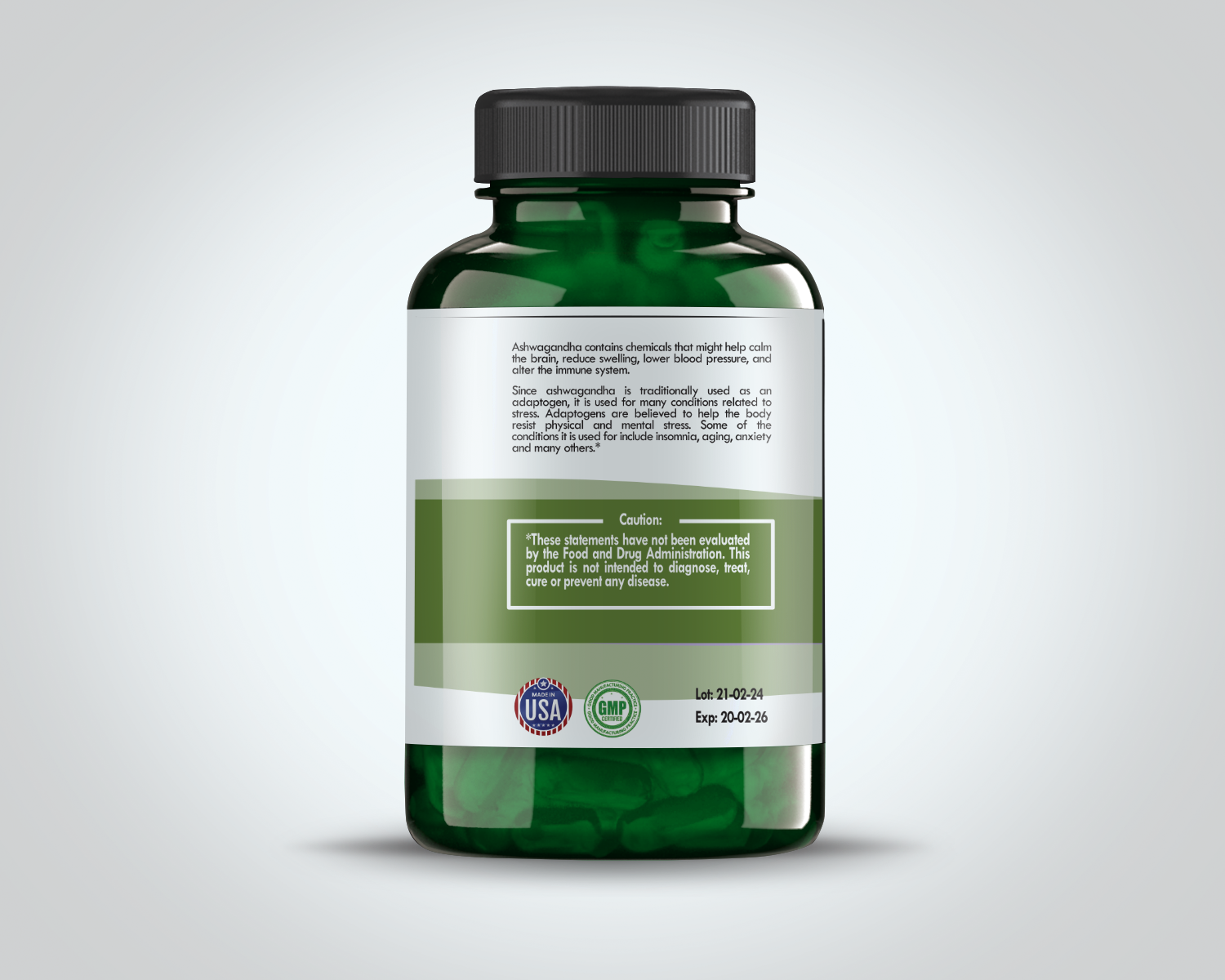



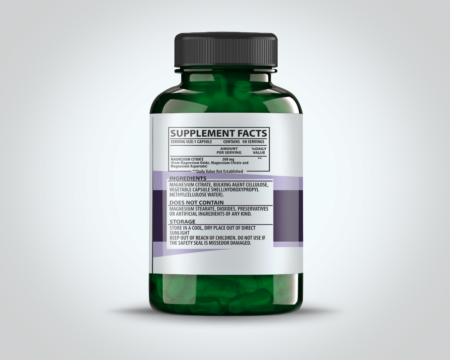
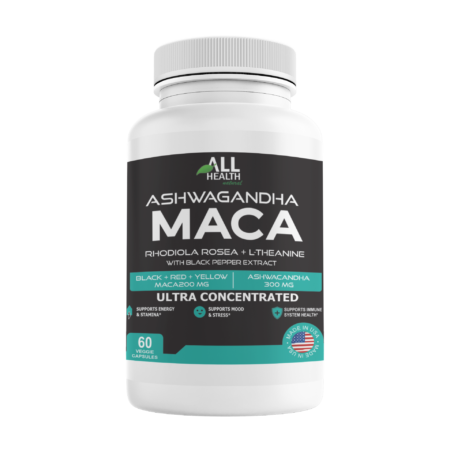
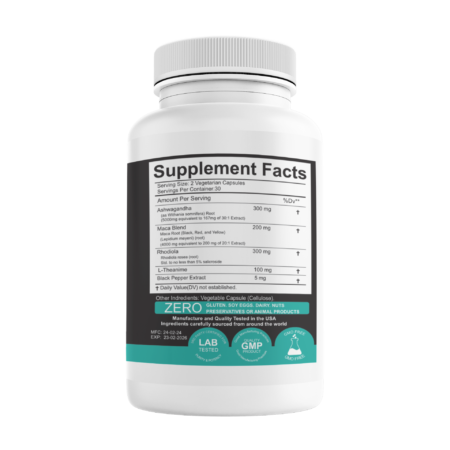
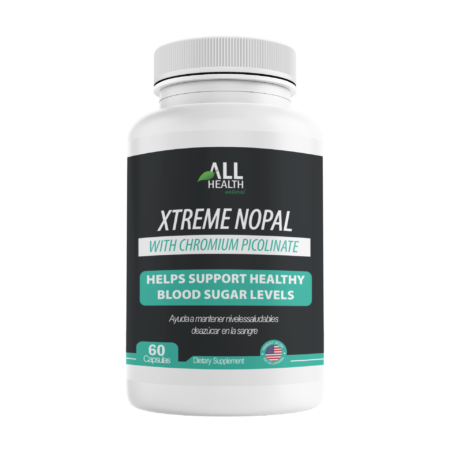

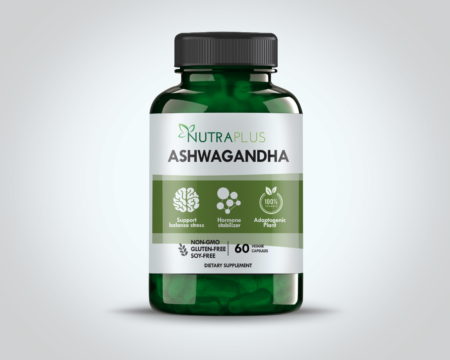
Valoraciones
No hay valoraciones aún.